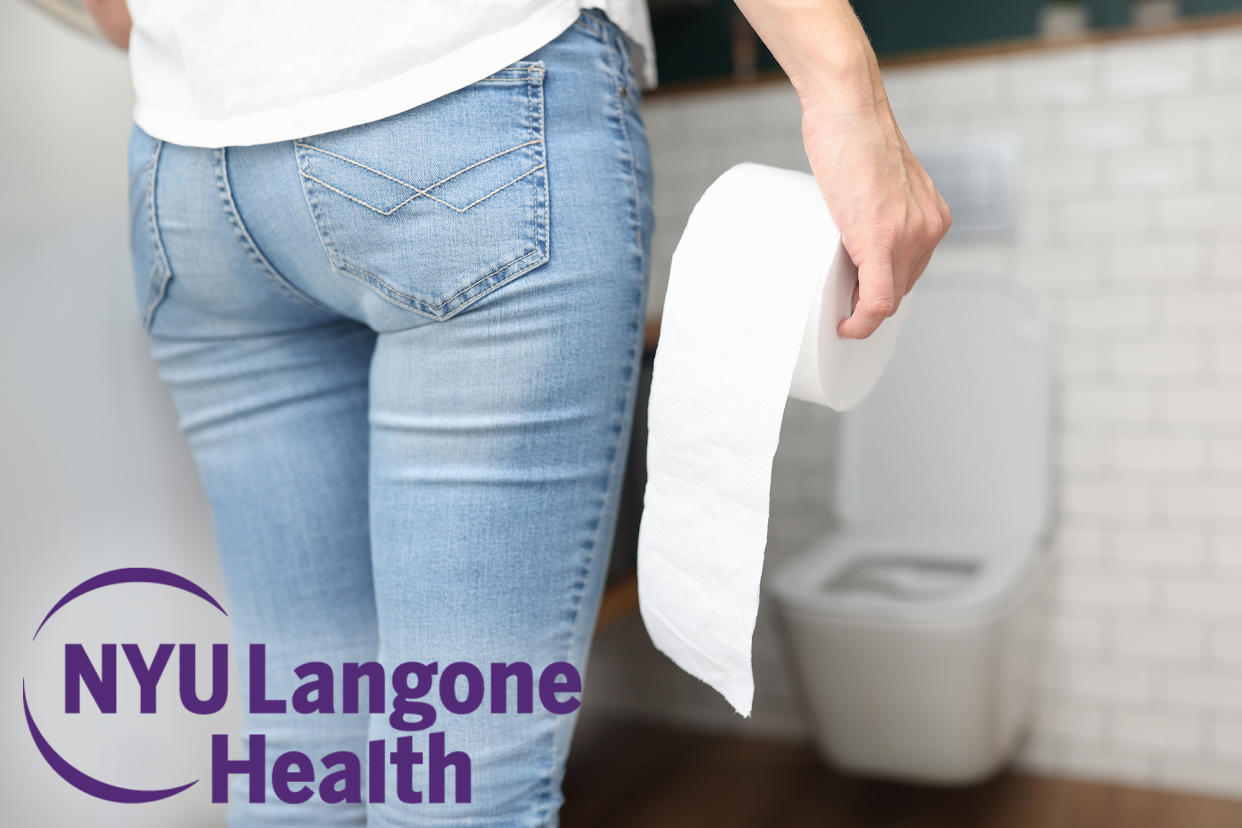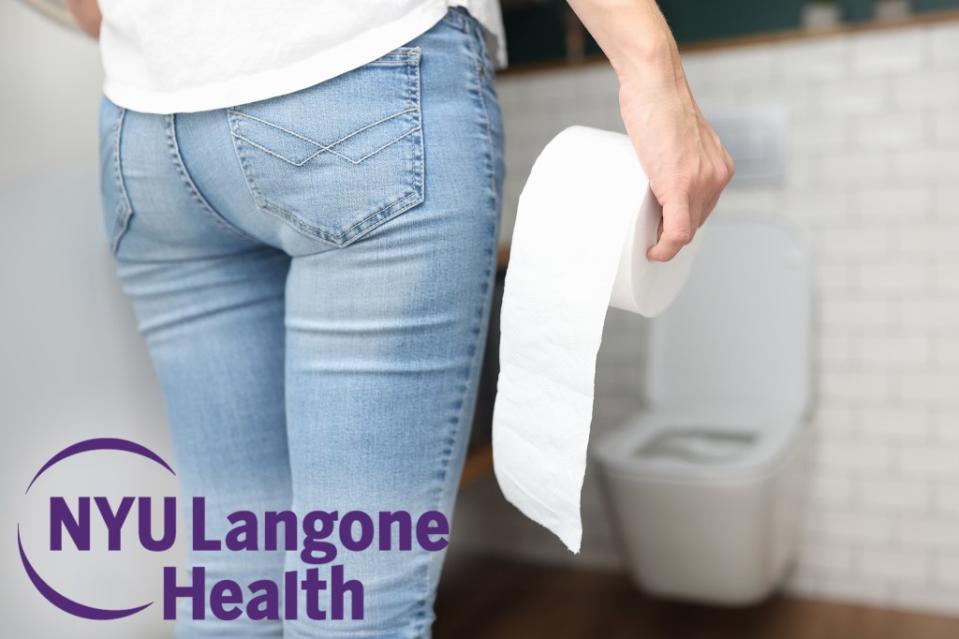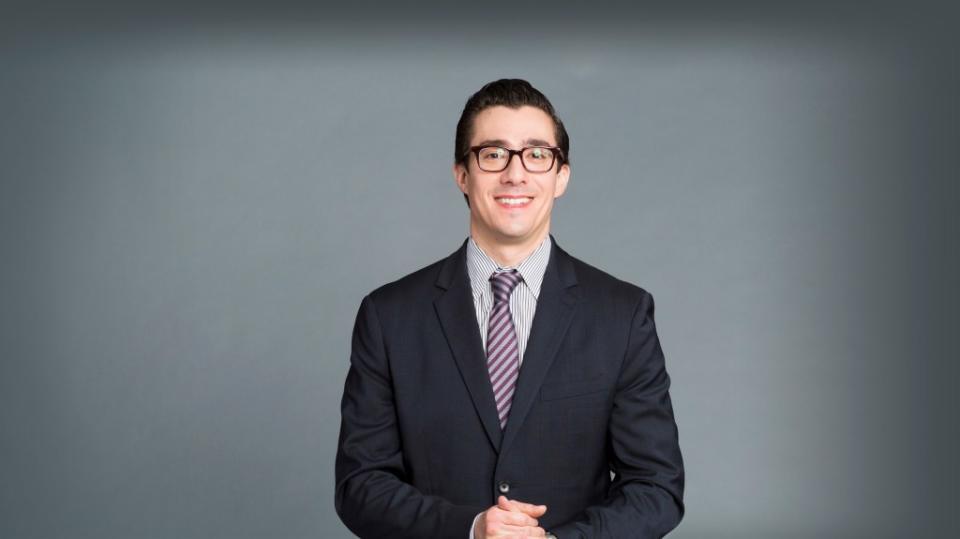I’m a doc — and this embarrassing health issue is actually very common

You know that nature’s call is, well, natural — but that doesn’t mean it’s always welcome. When the urge to hit the bathroom becomes too frequent, it can feel annoying or even downright embarrassing.
However, frequent urination is surprisingly common — and not talked about enough. The health issue affects as many as 30% of men and 40% of women. And although treatment options exist, many people may not reach out to their doctor.
That’s why we spoke with Dr. Seth Cohen, a urologist at NYU Langone’s Preston Tisch Center for Men’s Health, to ask about the different ways that frequent urination can present itself, and what patients and their loved ones should know, and do, if they’re concerned about it.
What is frequent urination?
People of all ages and lifestyles are affected by frequent urination. Generally, it is any change in your typical urinary habits. It could mean going to the bathroom every 30 minutes to an hour or waking up to pee multiple times in the middle of the night. Some people are unable to take long car rides, sit through meetings, or even date, because they’re constantly having to use the restroom, sometimes experiencing leakage.

What causes frequent urination? How can I prevent it?
Frequent urination can be caused by behavioral or physiological factors. One common behavioral cause is stress and anxiety. When your body kicks in its fight or flight response, you naturally feel the need to urinate. If patients are stressed and experiencing frequent urination, I’ll often recommend that they talk to a mental health professional to find strategies to reduce stress.
We live in a nation of over-caffeination. We all have busy lives and may rely too heavily on caffeine to get through the day. Caffeine and alcohol are diuretics, meaning they increase the production of urine. Having six or seven cups of caffeinated beverages in a day, or three to four alcoholic drinks in the evening can cause frequent urination. Because of this, one of the first things I tell patients is to reduce their intake of these drinks.
Certain high blood pressure medications are diuretics. If you’re taking a medication and feel a change in how often you are urinating, talk to your doctor about the side effects.
Can frequent urination be a sign of a larger health problem?
Because frequent urination causes inflammation in the bladder and prostate, it mimics the symptoms of a urinary tract infection, so patients often come in thinking they have one. Similarly, patients are often worried about kidney stones. We test and rule out these conditions while looking into frequent urination.
One common misconception among patients is that frequent urination is a sign of prostate cancer. As men age, their prostates enlarge naturally over time. An enlarged prostate could be causing you to urinate more often, but that’s not necessarily an indication of prostate cancer.
Diabetes is another concern patients have. If you’re at risk for diabetes because your parents or siblings have it, frequent urination can be a sign that you should get your sugar levels checked.

How does age factor into treatment?
While patients of different ages could come in for the same issue, the actual physiology of their conditions are different.
Younger patients traditionally have a behavioral problem that’s causing frequent urination – such as stress and excessive caffeine or alcohol consumption. Counseling these patients on changing their behavior is the typical treatment. Once they change their behavior, they may see improvement in a matter of weeks or months.
For older men, we look into issues with their prostate, so treatment is generally more invasive. The prostate can start to constrict urine flow over time. So when older men urinate, it’s harder to empty their bladder all at once – so they wind up going to the bathroom more frequently. There’s often a blockage that we need to fix with medication, or surgery if medication does not work.
When should I see a doctor about frequent urination?
If your urinary habits are preventing you from living your normal life, it’s worth bringing it up to your doctor. I’ve also seen spouses bring in their loved ones because their frequent urination is affecting them as well, and they’re concerned. I know that it may feel embarrassing or awkward to talk about this condition, but frequent urination is common, and there are solutions to help you get back to your regular life.
Seth D. Cohen, MD, MPH, is an associate professor in the Department of Urology at NYU Grossman School of Medicine and urologist at NYU Langone’s Preston Robert Tisch Center for Men’s Health. He specializes in general urology and men’s health issues.

